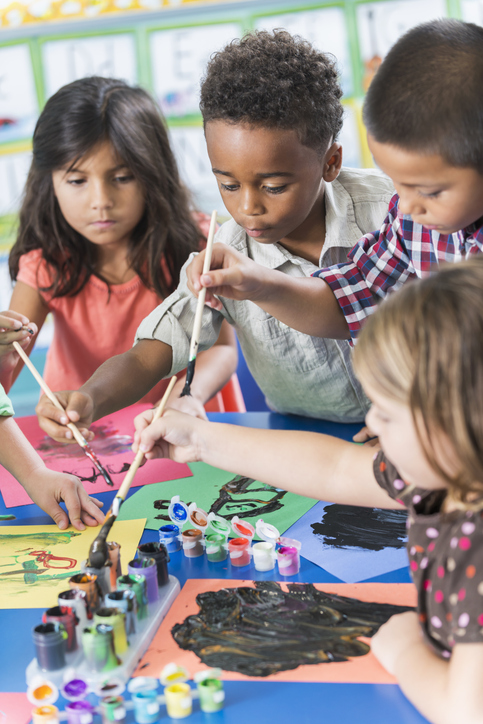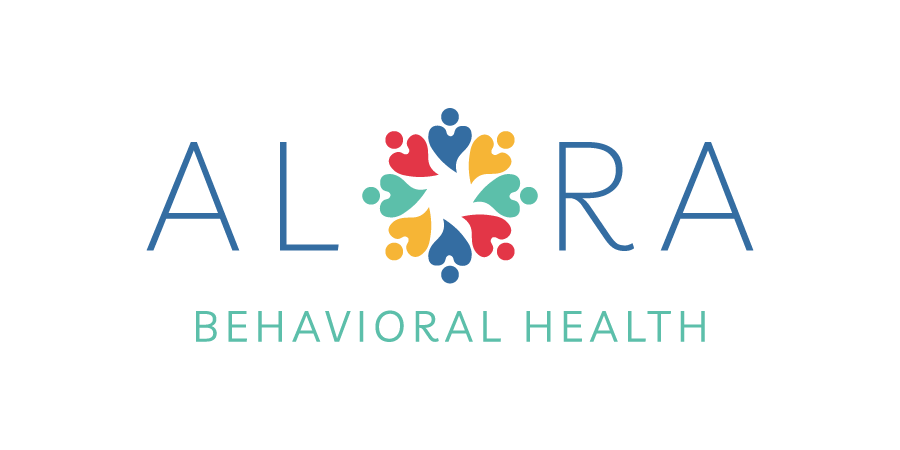Social interaction is a fundamental human need. It allows us to connect with others, build friendships, and participate actively in our communities. However, for individuals with autism spectrum disorder (ASD) and other developmental disabilities, social interaction can present significant challenges.
At Alora Behavioral Health, we believe that everyone deserves the opportunity to build meaningful connections and thrive within their communities. That’s where ABA therapy comes in.

This blog post will explore how ABA therapy can be a powerful tool for building bridges, fostering social skills development, and promoting community integration for individuals with ASD and other developmental needs.
Understanding Social Skills Challenges
Many individuals with ASD struggle with social cues, nonverbal communication, and initiating interactions with others. This can lead to feelings of isolation and loneliness. ABA therapy addresses these challenges by breaking down social skills into smaller, more manageable steps.
Building Blocks of Social Interaction
Through positive reinforcement and targeted interventions, ABA therapy can help individuals develop essential social skills like:
- Making eye contact and using facial expressions
- Taking turns in conversation
- Understanding and responding appropriately to emotions
- Identifying social cues, such as body language and tone of voice
- Initiating and engaging in play activities
Practice Makes Progress
ABA therapy provides a safe and supportive environment for individuals to practice their social skills. Therapists can role-play social scenarios, create opportunities for interaction with peers, and provide immediate feedback to help individuals refine their skills.
Beyond Therapy: Integrating into the Community
The ultimate goal of social skills development in ABA therapy is to empower individuals to participate actively in their communities. Therapists may work with families and caregivers to identify community settings where individuals can practice their newfound skills. This could include joining social groups, participating in after-school activities, or volunteering in their communities.

Building a More Inclusive World
By fostering social skills and promoting community integration, ABA therapy plays a vital role in creating a more inclusive world for everyone. As individuals with ASD and other developmental needs gain confidence and independence in their social interactions, they contribute to a richer and more diverse tapestry of community life.
Ready to Help Build Bridges?
At Alora Behavioral Health, we’re passionate about helping individuals with ASD and other developmental needs build the skills they need to thrive in social settings. If you’re interested in learning more about how ABA therapy can benefit your child or loved one, visit our website at [Alora Behavioral Health] to explore our services and contact our team. Together, we can build bridges and create a more inclusive world.
